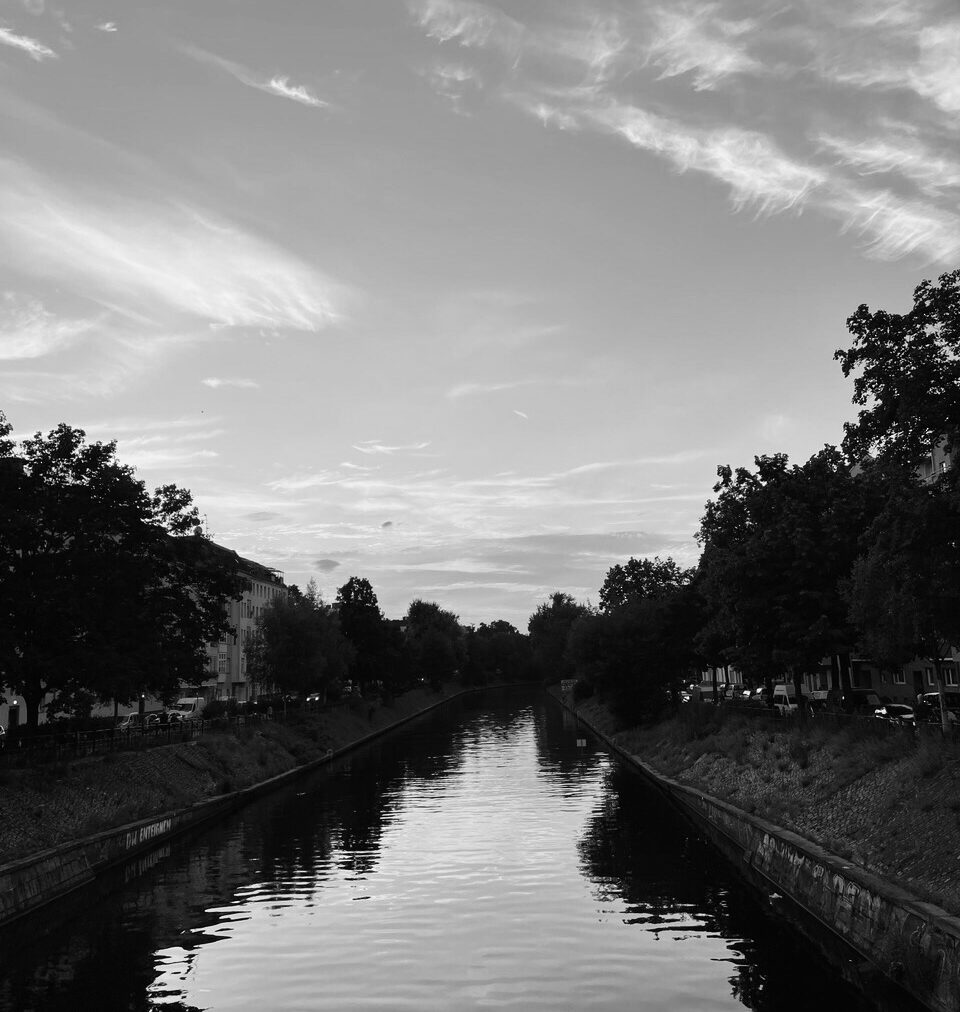Heidegger constantly thinks toward freedom. Freedom is questioned, approached, and investigated everywhere in his writings and lectures. The question of freedom lies at the heart of his early lectures, Being and Time, his research into Hegel, Schelling, Kant, and Nietzsche, and his later aphorisms.
Freedom is closely linked together with, for instance, his investigations of angst, death and being-toward-death, authenticity, facticity, and overcoming metaphysics. That is to say, the question of freedom is the backdrop against which such investigations are carried out. The turn in Heidegger‘s questioning of Being is itself in a certain relatedness to the question concerning Dasein‘s freedom.
Heidegger says that “the question concerning the essence of human freedom is the fundamental question of philosophy in which is rooted even the question of being” (GA31). When and how Dasein becomes free, or when freedom happens, has two paths in Heidegger’s early work and a path in his later work.
In his early work, freedom belongs to all Dasein because it arises within and pertains to worldhood as a condition and also to a specific Dasein that distanced itself from the “They”. In his later work, freedom undergoes a displacement resembling, and made possible by, the turn in his thought and questioning of Being. There “freedom no longer means freedom as a property of man, but man as a possibility of freedom”.
Ways of Freedom
In the thinking-philosophizing of Heidegger, to freedom belong different ways concerning Dasein’s being in the world, that is, concerning how Dasein is in its world. Freedom is how Dasein comes face to face with its commitments and how it acknowledges or denies its obligations. Here Heidegger inquires into the relation between freedom, obligations, and commitments in Dasein’s world in such a way that worldhood itself is grounded in freedom: “Freedom alone can let a world prevail”.
Obligation and being governed by law in themselves presuppose freedom as the basis for their own possibility. Only what exists as free could be at all bound by an obligatory lawfulness. Freedom alone can be the source of obligation. (GA26)
Only where there is freedom do we find the possibility of something being binding. (GA29/30)
Freedom is also related to authenticity. Here freedom is thought in terms of its value. Freedom liberates Dasein and prepares it for philosophizing, according to Heidegger. Heidegger links together freedom, authenticity, and philosophy and says that authenticity liberates the essence of Dasein and thus prepares Dasein to philosophize and think toward the right concepts.
[Dasein comes face to face with the] demand that he necessarily shoulders once more his very Dasein, that he explicitly and properly take this Dasein upon himself. . . It is the liberation of the Dasein in man that is at issue here. . . The liberation of the Dasein in man is one which human beings can only ever accomplish in and for themselves from out of the ground of their essence. (GA29/30)
Only he can philosophize who is already resolved to grant free dignity to Dasein in its most radical and universal-essential possibilities. . . To be sure philosophizing – and it especially – must always proceed through a rigorous conceptual knowledge. . . but this knowledge is grasped in its genuine content only when in such knowledge the whole of existence is seized by the root after which philosophy searches – in and by freedom. (GA26)
Freedom is also a site where unconcealment occurs. It names that within which concealment occurs and is sustained. That is to say, a site into which entities reveal themselves and thereby make themselves accessible. This means that freedom is where clearing happens; it is the open.
Freedom, understood as letting entities be, is the fulfillment and consummation of the essence of truth in the sense of the unconcealment of entities. (GA9)
Entities in any possible region can only be encountered. . . because of the freedom that sets free. Therefore the essence of freedom, in short, is the illuminating view. . . Being free means understanding entities as such, which understanding first of all lets entities as entities be. (GA34)
The still concealed essence of the open as the primordial self-opening is “freedom”. . . The free is the guarantee, the sheltering place for the being of entities. The open, as the free, shelters and salvages being. (GA54)
Finally, freedom is Dasein’s ability to go beyond that which causally and factually governs its being in the world and determines its encounter with the entities that are there. For Heidegger, freedom precedes causality in the sense that it is Dasein’s fundamental manner of relating to other entities.
Heidegger says that “the problem of causality is a problem of freedom and not vice versa”. That is to say, freedom conditions Dasein’s turning toward entities prior to the entities’ causal relations with each other and prior to all causal forces, either effective or ineffective.

